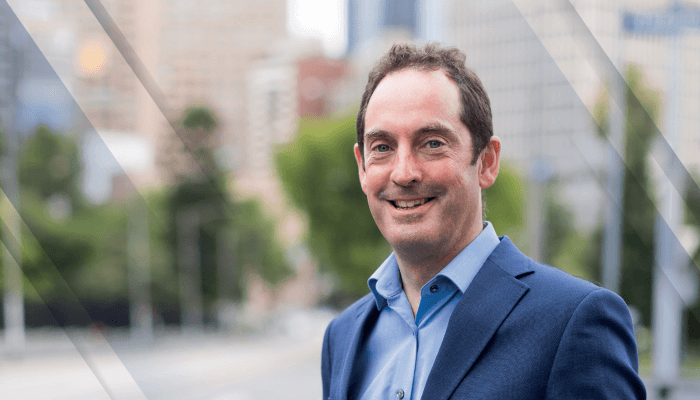
Why did you decide to focus on ophthalmology?
I have always been a keen musician and when I was a medical student, I was lucky enough to interview Jeffrey Tate – a highly successful orchestral conductor who initially trained in medicine. I asked him what he would have done if he’d stayed in medicine and, without a moment’s hesitation, he said: ophthalmology. He talked about the balance between medicine and surgery, the precision required, and the sheer beauty of the eye as a structure. I’d had very little exposure to ophthalmology as a medical student – I was fascinated by neuroscience and thought I would become a neurologist. But that conversation really stuck in my mind. A few years later, after realizing that neurology wasn’t for me, I thought I’d try ophthalmology for six months – that was 24 years ago!
Who were your most important teachers?
Some of my most influential mentors have been clinician-scientists with a passion for translation. Ophthalmology legend Peter Watson was a huge early influence on me – with his pioneering work spanning glaucoma, scleritis, corneal transplantation and ocular immunology – and he remained a close friend and mentor of mine until his death in 2017. Harry Quigley at Johns Hopkins University gave me my first break in glaucoma research and taught me to be rigorous and questioning. And Peng Khaw not only provided fantastic fellowship training in pediatric glaucoma at Moorfields Hospital London, but has also continued to provide wise guidance as my career has developed. He’s also been an ongoing masterclass in ophthalmic advocacy.
How has ophthalmology changed over the course of your career?
Progress is often driven by technology, and the technological changes we have seen in ophthalmology have been nothing short of astounding. We now have better tools to assess the structure and function of the eye non-invasively than we have for any other part of the body. We can assess the retina at single-cell resolution and measure responses to just a few photons of light, all with instruments that are part of routine clinical care. Surgical technology has also made enormous progress and we now have the first-ever licensed gene therapy being used to treat patients with inherited eye disease. And this is just the start – we live in interesting times for ophthalmology.
What have been your proudest achievements?
Many of my proudest achievements have, of course, been related to my family. But aside from these, there are a number of clinical and scientific achievements that I’m proud of. On the research side, co-founding a gene therapy company from my lab in Cambridge and seeing that project being taken forward towards clinical development for glaucoma has been a great learning experience. Clinically, seeing some of the babies I’ve treated with congenital glaucoma becoming happy and successful young adults has been pretty amazing. But I hope my most useful contributions are still to come.
What are you working on right now?
My work is focused on developing new strategies to protect and repair the optic nerve. We are using gene therapy and other approaches that we hope will reduce vision loss and blindness in people whose glaucoma is progressing despite effective treatment to lower their intraocular pressure. We are currently collaborating with experts in brain and spinal cord repair to work out how to guide regenerating optic nerve axons back to their central targets. Also, I have recently moved from Cambridge to become Director of the Centre for Eye Research Australia and Chair of Ophthalmology at the University of Melbourne, and I’ve been enjoying the challenge of helping drive translational research – not just in glaucoma, but across many other areas of unmet need within our specialty.
What is your ultimate goal for this field – for patients and clinicians?
I think we are finally moving into an era when reducing eye pressure will not be the only established treatment for glaucoma. I believe that clinical trials to test therapies that protect – and ideally enhance – optic nerve function are not just possible, but essential. Looking further ahead, I think restoring some useful visual function to those blind due to optic nerve disease will pose huge challenges, but these are not insurmountable.
The ultimate goal of glaucoma treatment is simple – to minimize the effect the disease has on the quality of life of our patients. I believe that we will develop technologies with the potential to make glaucoma-related blindness a thing of the past. But in a world where cataract still remains the leading cause of blindness, it is worth remembering that it is not what we can do – it is what we actually do that matters.
What advice would you give to those following in your footsteps?
We are lucky to have some really talented clinician-scientists in our field. I hope and expect to see them leading our field, not following!
